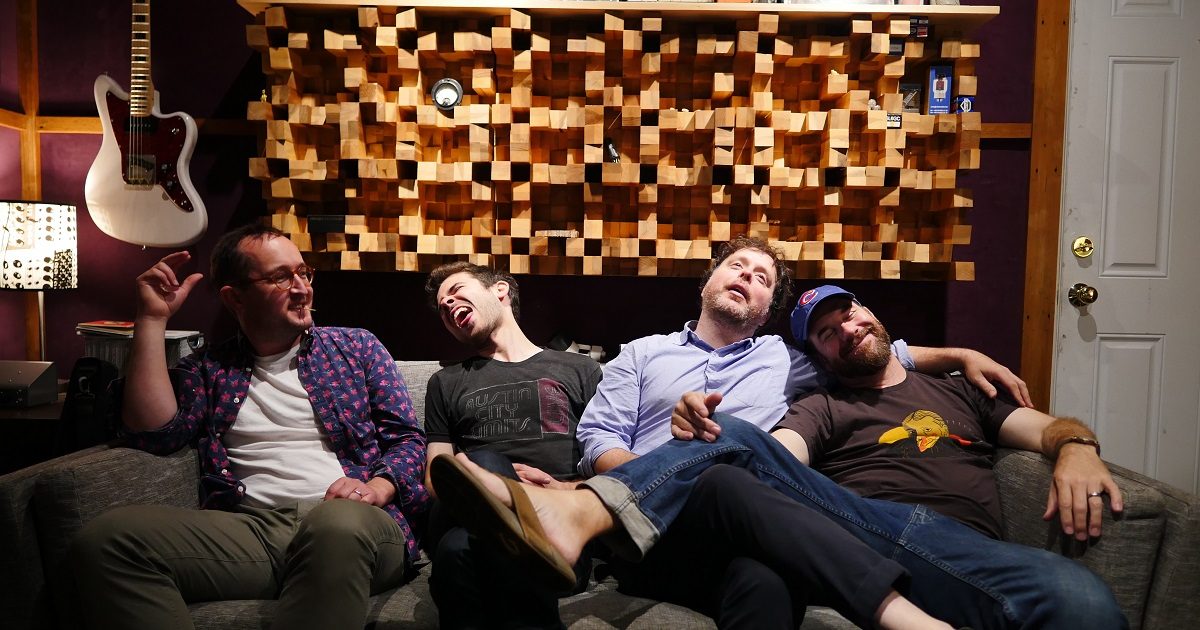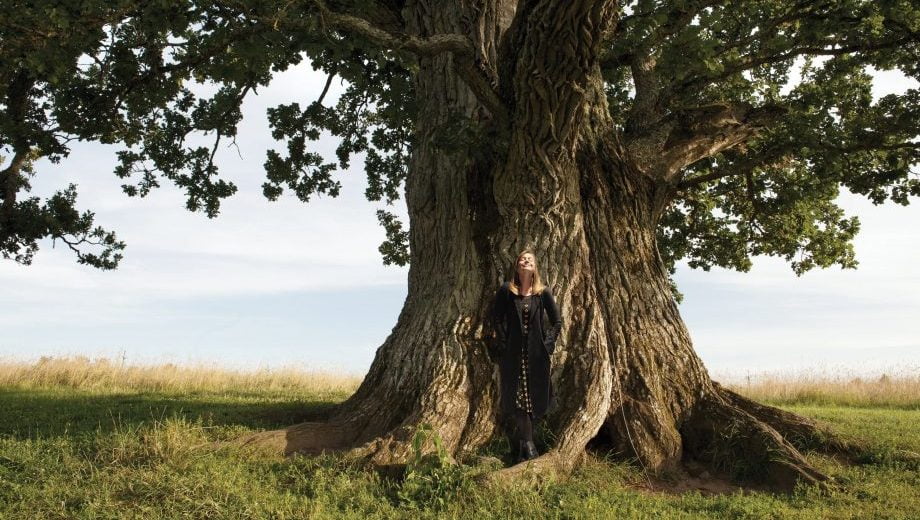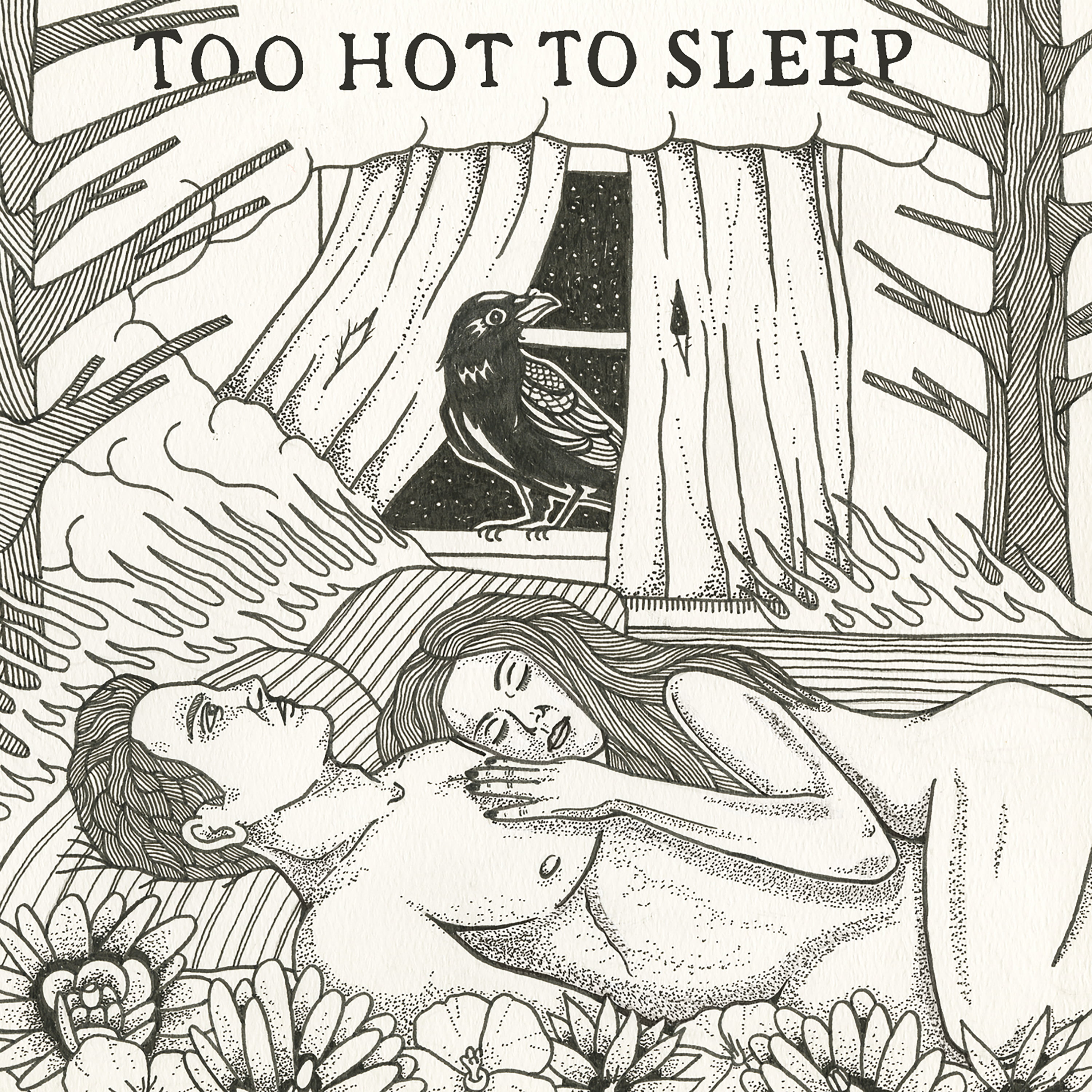Artist: Garrison, Gordy, Hargreaves, Walsh
Hometown: Brooklyn, New York/Denver, Colorado/Portland, Maine
Song: “Sports”
Album: Bluegrass and the Abstract Truth
Release Date: April 16, 2021
In Their Words: “Instrumental tunes are wonderfully subjective, like little movies whose narratives and meanings can transform and reflect the places they’ve seen. ‘Sports’ started as a little tune in my head riding the D train home from Manhattan to Brooklyn, and had its first public appearance on a local jazz gig. It followed me around, enjoyed some unveilings in the UK under a few different titles — I think I even took a fruitless audience survey to come up with a fitting appellation. When we went into the studio to record this group, its true title came to light and Joe, Alex, and Greg expressed its shifts of mood and character masterfully. We were so delighted to see our friend Danny Barnes’ take on what ‘Sports’ was communicating, and the video he made couldn’t have been a better fit for the mood of the piece.” — Grant Gordy
Photo credit: Dan Cardinal



